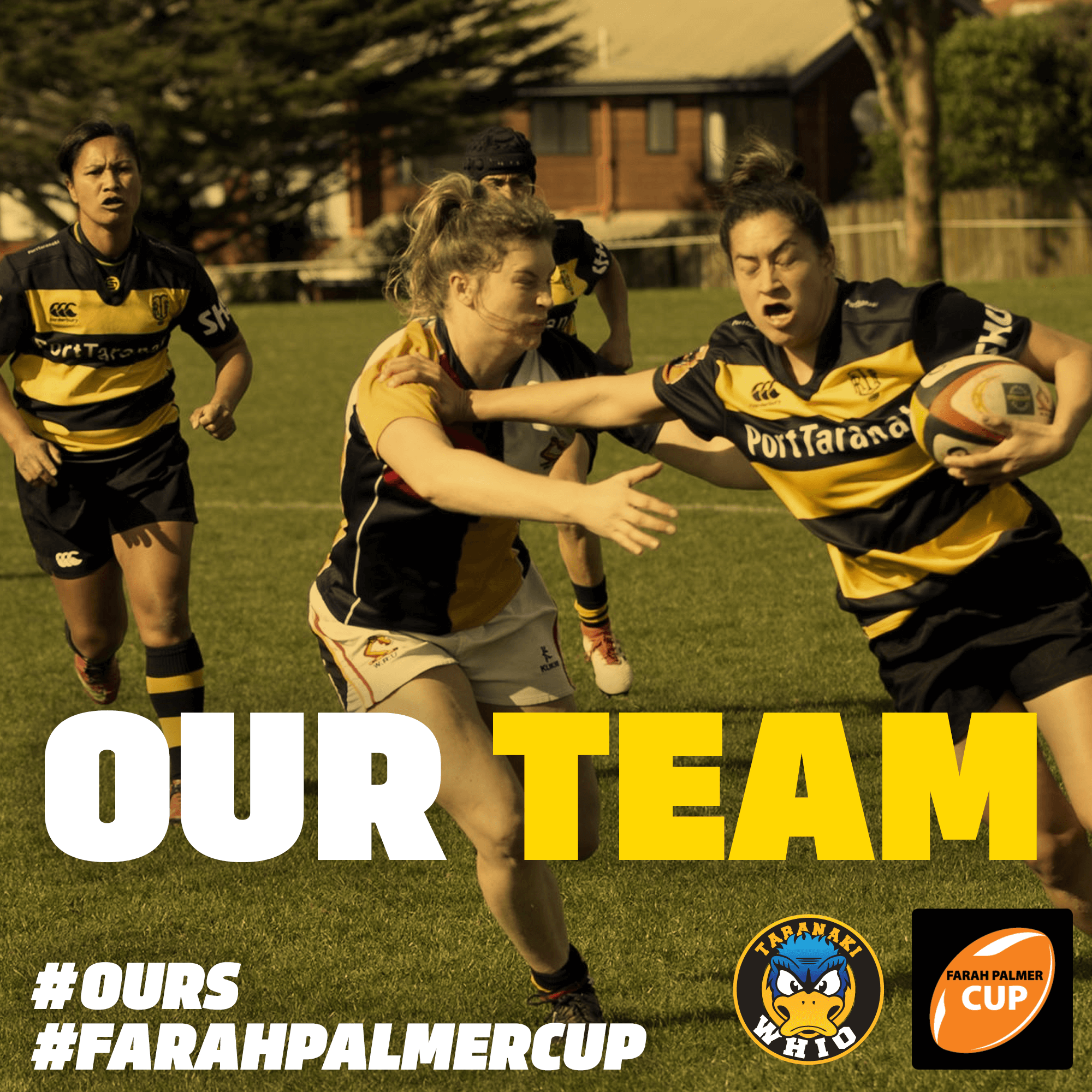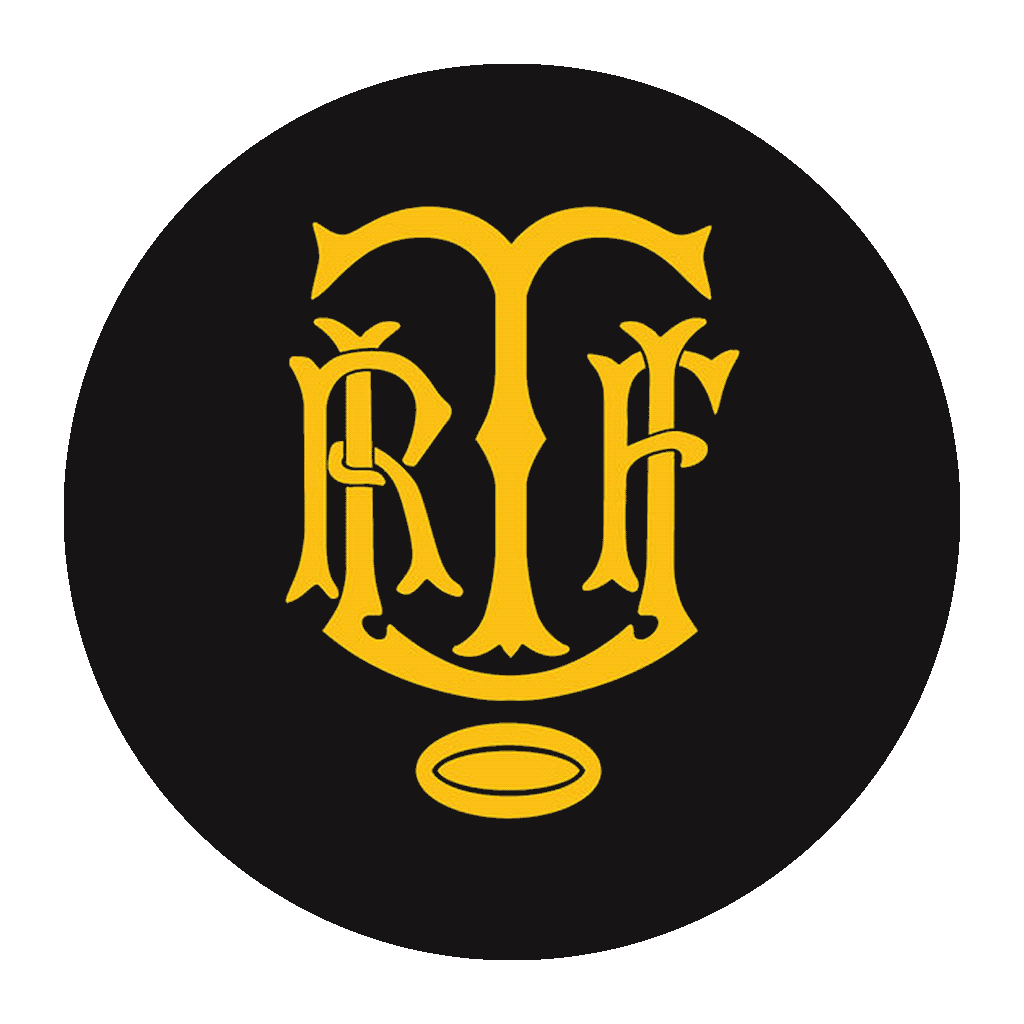
Taranaki Rugby celebrate 30 years of women’s rugby

FEATURE STORY:
1989 was a big year of community rugby in Taranaki – Inglewood had posted their fifth consecutive premier club title and a women’s competition had been introduced for the first time.
30 years on, Taranaki Rugby and the Clifton Rugby and Sports Club are celebrating the milestone by hosting a Ladies Day on Saturday.
At the time, six clubs fielded sides in the competition with Clifton, Rahotu, Tukapa, Stratford, Spotswood and Eltham all competing.
One of Clifton’s original players, Cherry Blyde, turned up to the club after missing out on the Taranaki netball team in the same year.
She didn’t look back as she ended up representing New Zealand before retiring in 1992 to raise a family.
Blyde, mother of Black Ferns Sevens speedster Michaela Blyde, is involved in the Clifton women’s team this year and notices the difference between the two eras.
“I think the only difference now is the fit of the jerseys, long sleeves and heavy when wet,” she said.
“To have school girls in the team was unusual, whereas now some of the clubs rely on them to make up numbers,” she said.
Blyde said the competition was ‘awesome’ and very competitive with the commitment from every team to field a side every week was second to none.
Back in 1989, Blyde said the Clifton club supported women’s rugby as they do now.
“That has not changed at all. They are and were very supportive of the women’s team and couldn’t ask for a better club to play for.”
She said there are now so many opportunities available for women in rugby now because of what the players have created on and off the field, whether it be coaching, officiating, on committees or playing.
“With sevens becoming an Olympic sport, players are being able to play overseas and make a living from it,” Blyde added.
Fellow team-mate, Geri Paul, echoed the same statements.
“Like any sport, if they are winning then money is thrown at that sport and if your national teams are there or thereabouts, other countries are keen to recruit you either as a player at club through to coaching internationally,” she said.
However, Paul said what’s obvious now is that the facilities have freed up, unlike 30 years ago where you would struggle to find a free court or field.
There is more structure within rugby, which is also a noticeable difference, according to Paul.
“Back in the day you had to do the hardwork on your own initiative, we didn’t have academy’s, nutritionists or personal trainers,” she said.
Taranaki Rugby Development Manager Braydon Peterson, who has been instrumental in forming a women’s competition last year, said it’s a great opportunity to reflect on where women’s rugby has come.
“With the Farah Palmer Cup and opportunities in the sevens space, there are now so many opportunities for women at all ages to play the game from Rippa, to schools and club competitions,” he said.
“Here in Taranaki we have invested a lot of time into women’s rugby. First, with sevens that has expanded into the fifteens game, where we have a pretty exciting women’s premier competition up and running”.
Taranaki introduced a women’s team in the Farah Palmer Cup last year for the first time since 2013.
Peterson said there were a lot of learnings from last year’s competition and the players have assembled earlier to prepare for the year.
However, looking ahead, Peterson hopes to add another team into the competition next year and continues to grow women’s rugby in Taranaki.
Article added: Thursday 02 May 2019






